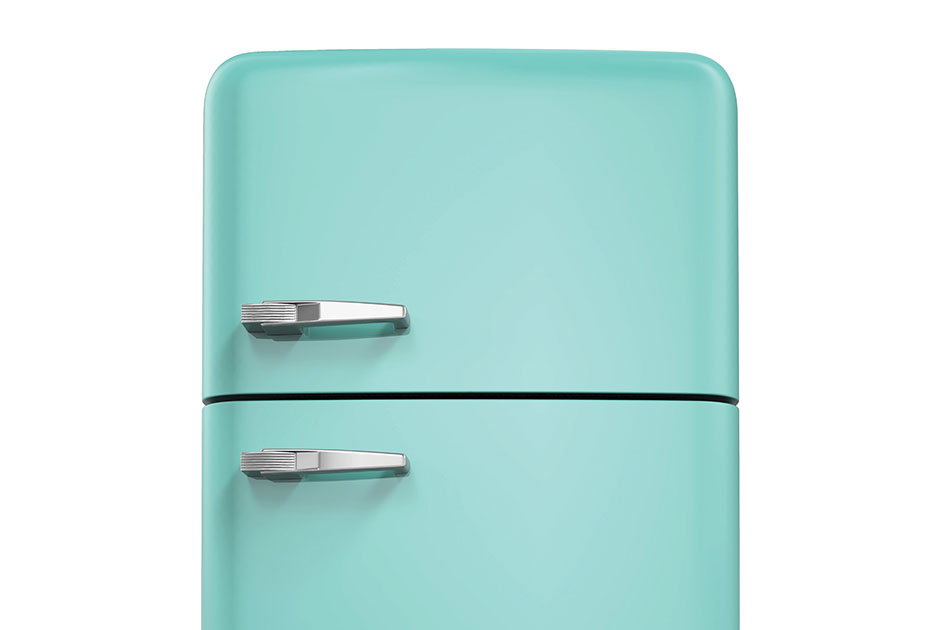Did you know that Americans tend to throw out 14% of the food that they buy each year, not counting leftovers and cooking scraps? Whether you’ve hit the weekly sales and bought too much of a good thing or you’re stocking up, keep in mind these handy tips to extend the life of the items on your grocery list.
Fundamental Tips for Food-Saving Habits
- Use a thermometer to ensure that your fridge is always at the right temperature. The Food and Drug Administration recommends fridges being at or below 40 degrees Fahrenheit, and freezers being at or below zero degrees. This is key to preventing food spoilage.
- Consider planning a few meals for the week in advance to better assess how much of each ingredient is necessary. Becoming a better meal planner will help prevent over-purchasing ingredients that’ll go to waste.
- Organize your fridge and pantry to showcase all ingredients so that nothing gets lost in the back, eventually becoming spoiled.
The Pantry
Generally, dry goods can be stored in a cool, dark place for up to six months (sometimes even longer). However, once the packaging has been opened, it is best to transfer the remaining substance to an air-tight container to ensure freshness. Additionally, nuts and spices are best kept in the pantry, also in air-tight containers, to maintain their moisture levels.
Why should your spices always live in the pantry? Humidity, light, air, and heat are your spices’ worst enemies. Similar to keeping any nuts in their shell, try to buy whole spices which can be kept for up to two years. If you seem to be in a crunch for time more often than not, or enjoy the simplicity of ground spices, just make a reminder to refresh them every six months.
The Counter
As we move into the summer, apples can be a nutritious and delicious snack to keep around. So then, consider putting any apples uneaten after seven days into the fridge. Before the seven-day mark, place the apples in a large bowl separate from any other produce. The ethylene gases that are produced by apples can make other counter-friendly produce, like carrots, more bitter. However, if you are in a rush to ripen plums or pears this autumn, keep an apple nearby for 24-48 hours. Vine-ripened tomatoes, winter squashes, potatoes, bananas, melons, and citrus are best left on the counter, as well. Once these fruits and vegetables have been sliced, seal them in an air-tight container and store them in the fridge to keep them from drying out. Another little tip is to wrap the crown of the banana bunch tightly with plastic wrap to help stop the ethylene gas from ripening the bananas too quickly.
Now, let’s move on to our favorite kitchen essential: baked goods. Did you know there is a science behind storing bread at room temperature? By tightly-wrapping up your bread in foil or sealing it in a Ziploc bag, you are slowing down its retrogradation, which is the process of the natural starch molecules crystallizing. It is best to enjoy your bread within two days or pop it into the freezer for up to 2-3 weeks before it begins to absorb the odors from other frozen ingredients. Before freezing, add one of those bread slices into your bag of cookies to keep them soft and chewy!
The Fridge
Did you know that your fridge has different zones? The cold zone is typically in the very back of both top and middle shelves, while the moderate zone is towards the front. The humid zone is generally those handy drawers that are marked for fruits and vegetables. With this in mind, keep your milk gallons fresh longer by placing them in the cold zone towards the back.
From cakes to frittatas to stir fry, eggs can be an essential ingredient for many families. One of their wonders includes their long-lasting life of up to five weeks. After that five-week mark, extend their life by one more week by hard boiling them. Furthermore, give your fresh berries a quick dip in a homemade wash of one part vinegar to three parts water, drain them, and then thoroughly dry them before putting away. This kills spores and bacteria that’ll turn them to mush.
With these few tricks up your sleeve, you’re bound to have an organized kitchen to cook your best meals yet!


















